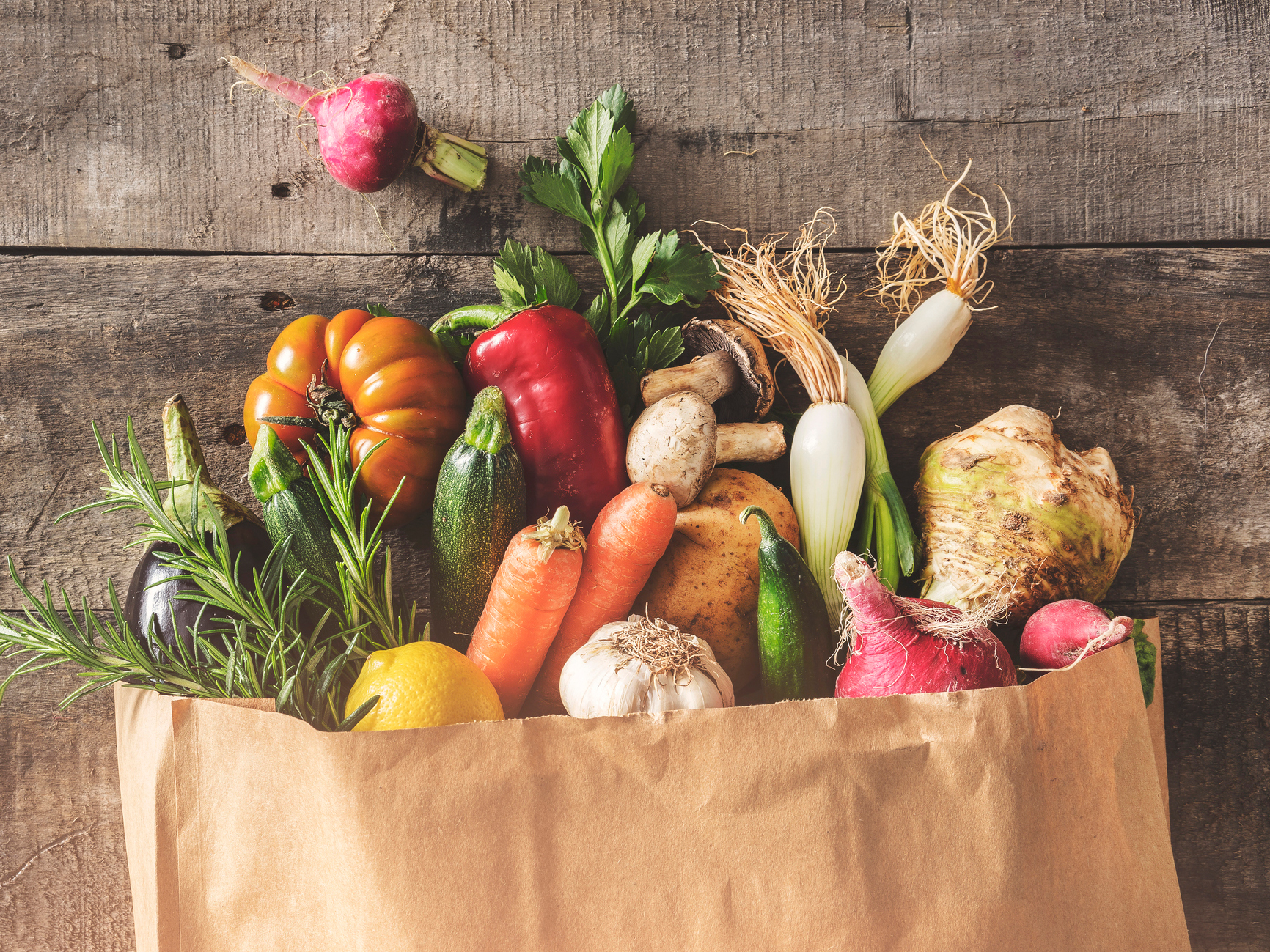Get Easy Health Digest™ in your inbox and don’t miss a thing when you subscribe today. Plus, get the free bonus report, Mother Nature’s Tips, Tricks and Remedies for Cholesterol, Blood Pressure & Blood Sugar as my way of saying welcome to the community!
16 vegetables that turn on a powerful tumor suppressor

Genes. It’s easy to curse fate for giving you less-than-perfect ones…
Why did you get your dad’s rosacea? Or your mom’s flat feet? Or your grandma’s cavity-prone teeth?
The fact is, we all have genetic crosses to bear. Unfortunately, some are more serious than a painful pair of fallen arches or skin that doesn’t make for stunning selfies…
Hidden somewhere in our genetic code may be a tendency toward heart disease, Alzheimer’s or cancer.
But as frustrating as it is to feel like your genes are stacked against you, there’s something you need to remember so you don’t feel like a victim of destructive DNA…
Genes aren’t set in stone. In fact, the choices you make every day affect how your genes express themselves… even when it comes to big, scary diseases like cancer.
A new study shows that there’s a readily available food compound that could keep those cancer genes working for you rather than against you.
This vegetable compound supports your tumor-suppressing gene
Researchers from the Beth Israel Deaconess Medical Center just discovered that a compound in broccoli and other cruciferous vegetables could target a cancer gene that suppresses tumor growth.
The cruciferous cancer fighter is a molecule called indole-3-carbinol (I3C). And their research showed that this molecule has an interesting effect on a gene called WWP1, which can fuel cancer development.
In their study, researchers gave I3C to cancer-prone mice. And guess what happened?
It inactivated the WWP1 cancer gene. It also bolstered a well-known and potent tumor-suppressive gene called PTEN. That means it can bring some major anti-cancer mojo to the table. The only problem?
Based on the amount of I3C they used in the study, you’d have to eat 6 pounds of uncooked Brussels sprouts a day to trigger the same effect.
But don’t let that deter you from eating more cruciferous vegetables in the name of cancer prevention. Plenty of other studies show that eating cruciferous vegetables can lower your cancer risk. In fact, one 2012 study found that eating more cruciferous vegetables lowers the risk of breast cancer recurrence by 35 percent and the risk of breast cancer mortality by 62 percent. So, eat up!
How much cancer-fighting cruciferae do you need?
The most important question left to answer about cancer and cruciferous vegetables is: How much do you need to eat to make a difference in your health?
The good news is, cruciferous vegetables are filled with potent anti-cancer compounds. So, a little goes a long way. You’re supposed to eat two and a half cups of veggies per day, and much of that can come from cruciferous veggies. But just remember…
Related: The cancer fighter 10x more powerful than broccoli
One cup of cruciferous veggies (raw or cooked) like broccoli, cauliflower and Brussels sprouts counts for a 1-cup vegetable serving. But it takes two cups of raw leafy cruciferae like kale and bok choy to equal a 1-cup vegetable serving. So, don’t short yourself!
Here are some common cruciferous vegetables to kick off your cancer-prevention journey:
- Arugula
- Bok Choy
- Broccoli
- Brussels Sprouts
- Cabbage
- Cauliflower
- Collard Greens
- Kale
- Kohlrabi
- Maca
- Mizuna
- Mustard Greens
- Radish
- Rutabaga
- Turnip
- Watercress
Editor’s note: Discover how to live a cancer prevention lifestyle — using foods, vitamins, minerals and herbs — as well as little-known therapies allowed in other countries but denied to you by American mainstream medicine. Click here to discover Surviving Cancer! A Comprehensive Guide to Understanding the Causes, Treatments and Big Business Behind Medicine’s Most Frightening Diagnosis!
Sources:
- Reactivation of PTEN tumor suppressor for cancer treatment through inhibition of a MYC-WWP1 inhibitory pathway — Science
- The Genetics of Cancer — National Cancer Institute
- Eating cruciferous vegetables may improve breast cancer survival — Vanderbilt University Medical Center
- The Beginner’s Guide to Cruciferous Vegetables — Academy of Nutrition and Dietetics












